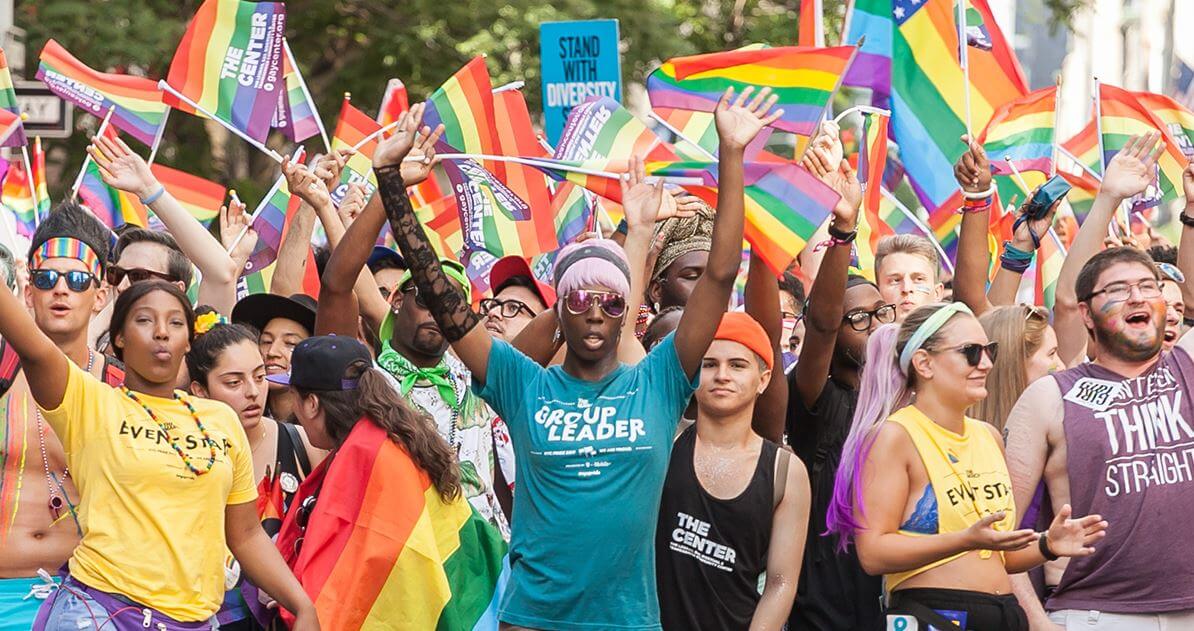If you are part of the LGBTQ community, you most likely have faced a stereotype in your lifetime. Stereotypes are a pattern of beliefs that are thought to be true about a minority group in some way. Luckily, there are ways to combat these harmful beliefs. Here are three ways to deal with prejudice within the LGBTQ community.
Offer a Learning Opportunity
It is not your job to teach those who speak harmful stereotypes about your sexuality or gender. However, if you feel open to educating, you can do so.
Educating may mean:
- Sharing statistics and studies that prove the stereotype to be incorrect
- Sharing your own life experience (if you are comfortable)
- Explaining why the belief or stereotype is harmful to your community
In the end, you can’t make someone else change their thought patterns. If you determine that someone isn’t open to being educated on a stereotype, it might be best for your own mental health to follow one of the following tips.
Simply Block and Ignore
If you are in an online situation where someone is spreading stereotypes or sharing homophobia or transphobia online, you can simply block and ignore them. It has been proven that cyberbullying and online harassment can worsen mental health.
If you are in an unsafe situation or dealing with prejudice in your real life, it might be time to move to the next tip.
Reporting
Did you know that you can report any forms of harassment, stalking, cyberbullying, and hate crimes to the government? Depending on your situation, you’ll need to reach out to separate areas to report these types of crimes. Here are some resources:
- Bullying in the school or workplace: Reach out to your school administrator or school advisor for direction. If this happens in the workplace, ask your boss if your job has a dedicated HR line for employee complaints and harassment cases.
- Cyberbullying: You can report cyber crimes on the FBI’s website.
- Hate crimes: If you have dealt with a hate crime in public, whether violent crime, stalking, or verbal harassment, report the case to your local police department or call 911 if you’re in an emergency.
If you are dealing with suicidal thoughts, call the National Suicide Prevention Lifeline at 1-800-273-TALK (8255).
Image Courtesy: gaycenter.org
